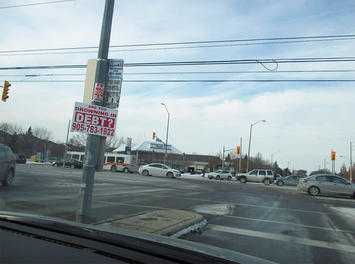
I’ve been having an ongoing series of conversations with my young friend Gracen up in Toronto about how to make sense of the Canadian real estate market. We see each other a few times a year as we both travel around North America.
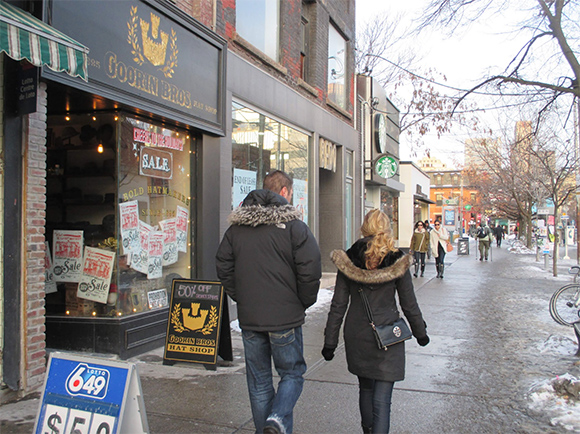
The harder she works and the more she saves the more expensive property becomes. She recently consulted a mortgage professional. She’s farther away from owning property now than ever before and she’s decided it’s a game she no longer wishes to play.
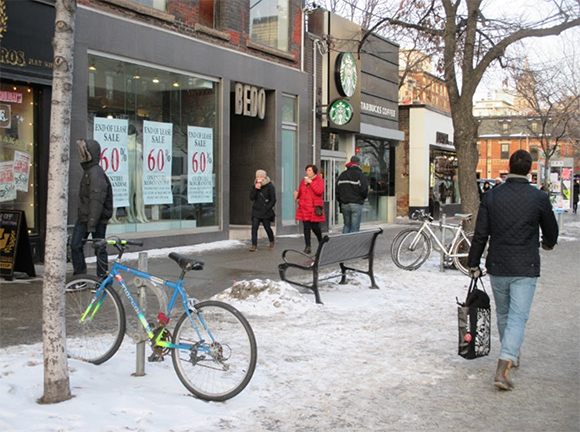
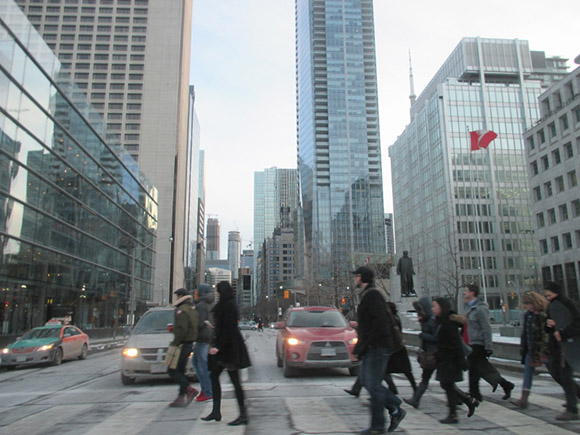
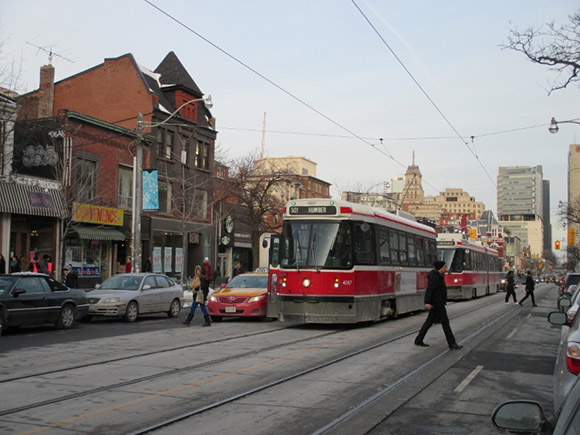
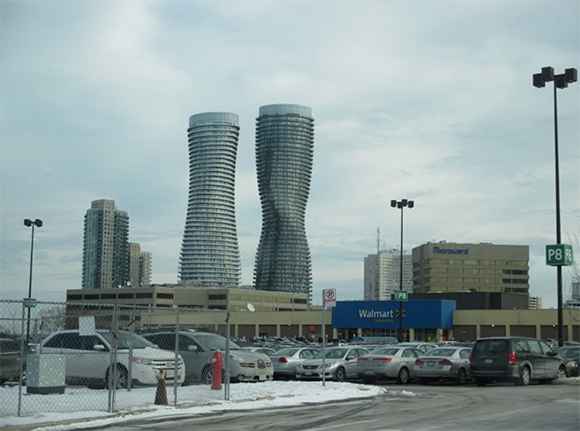
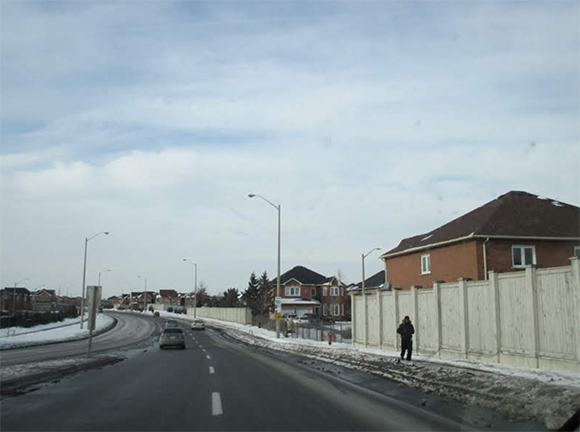
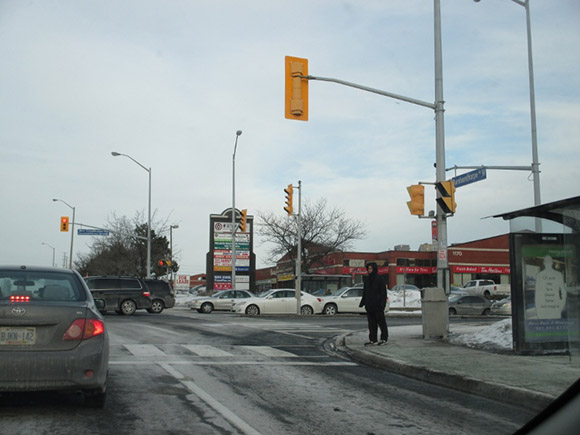
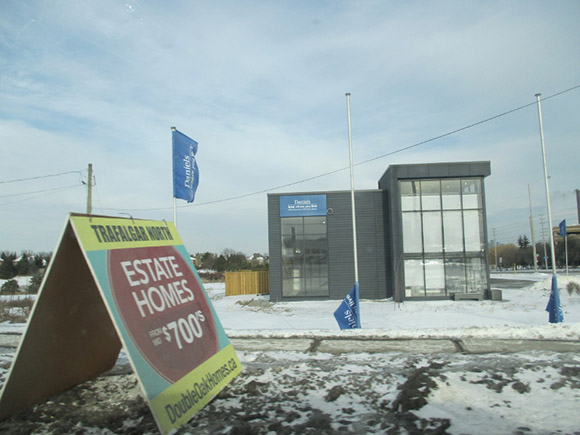
As high as rents are in the Toronto metroplex monthly mortgage payments for comparable properties are even higher. The gap between median incomes and median property values just keeps widening year after year. And that’s been true for her entire life. Attempting to absorb ever greater debt to grab hold of the bottom rung of the housing ladder is like a cat chasing a laser dot. Her landlord just sent a property appraiser around to inspect her rental. If she’s lucky the owner just wants to refinance and pull some easy cash out of the place. But this could also be a prelude to a sale and eviction. She may not want to play the game, but the game wants to play with her.
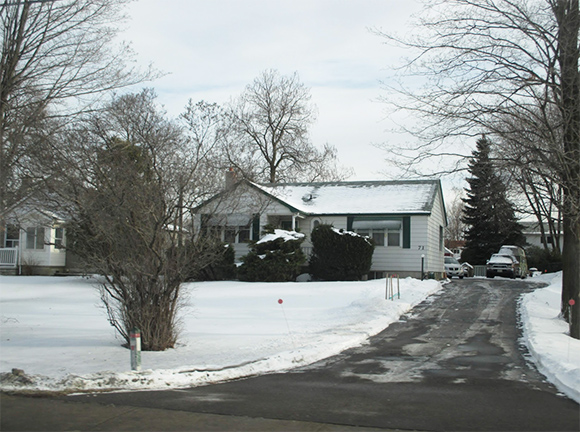
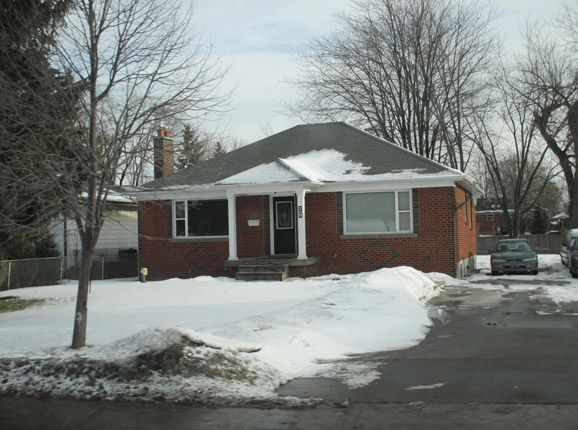
For my Canadian friend owning property of any kind within an asteroid blast zone of Toronto’s Golden Horseshoe from Kitchener to Oshawa appears to be a permanent impossibility. Renting is precarious. Toronto is in the process of spitting her out. The dynamic is the same in Vancouver, Kelowna, Edmonton, Calgary, et cetera. She’s already spent a couple of years living in Fredericton in the relatively affordable Maritime provinces, but there were serious tradeoffs. She boomeranged back to Toronto. The move felt compulsory.
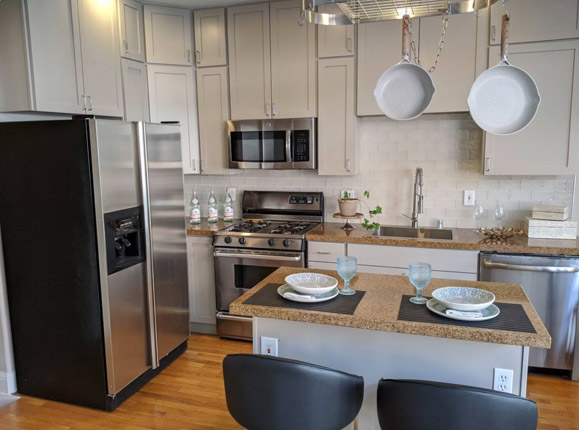
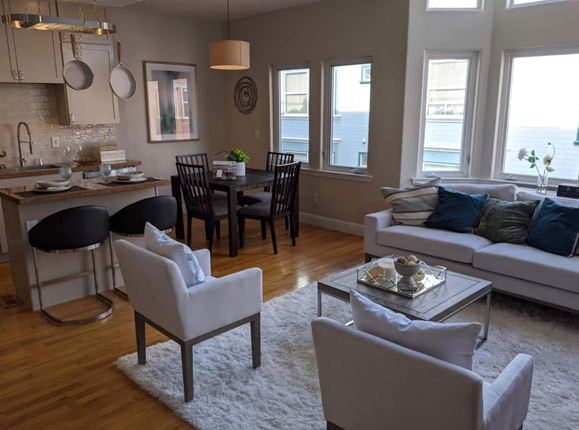
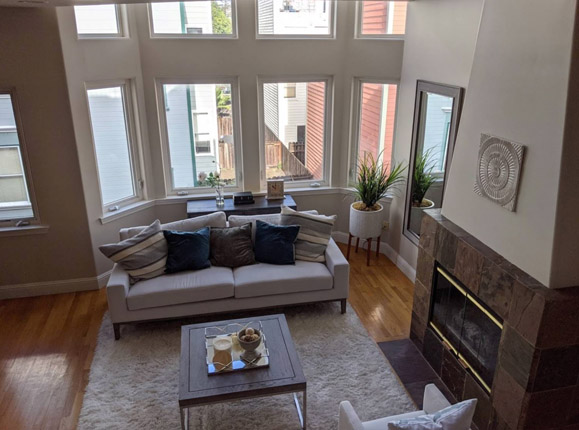
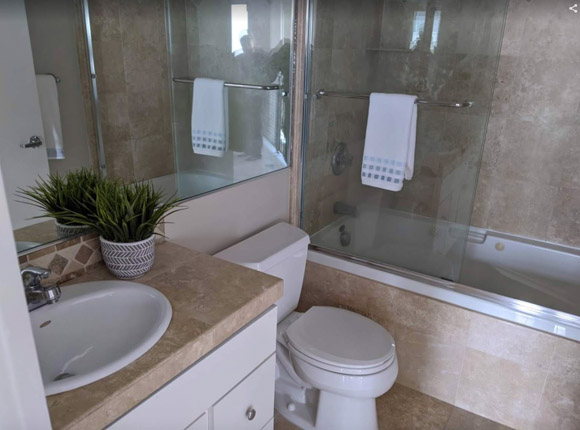
Okay. Cut to San Francisco. My friend Sarah just bought a 1,500 square foot (139 square meter) condo around the corner from me for north of $1.8M. She works at a well known tech company and says she can afford it. Here’s a fast and dirty rundown of the numbers just so we’re all clear about what’s involved. Her 20% down payment was in the range of $365K. Her monthly mortgage is about $6,700. Monthly home owners association dues are $250. Monthly home owners insurance is $335. Annual property taxes are $22,260 so… $1,855 per month. All in that’s over $9,100 per month. And that’s before she pays the gas and electric bill or buys food. This is a respectable condo in a desirable location, but it’s not a palace. Sarah is completely relaxed about the transaction and is looking forward to moving in to her new home. I’m terrified for her.
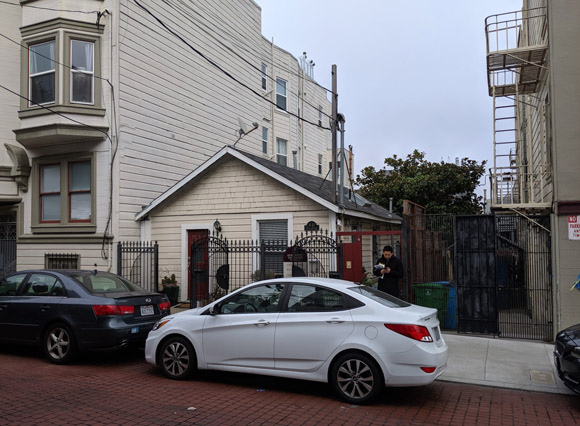
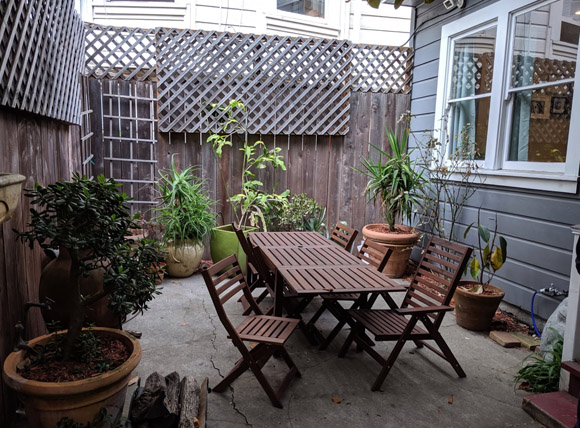
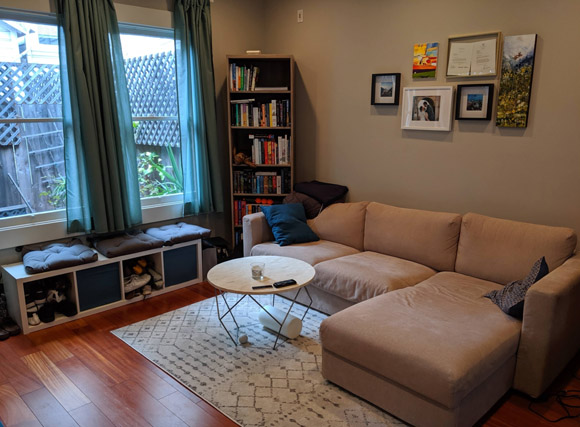
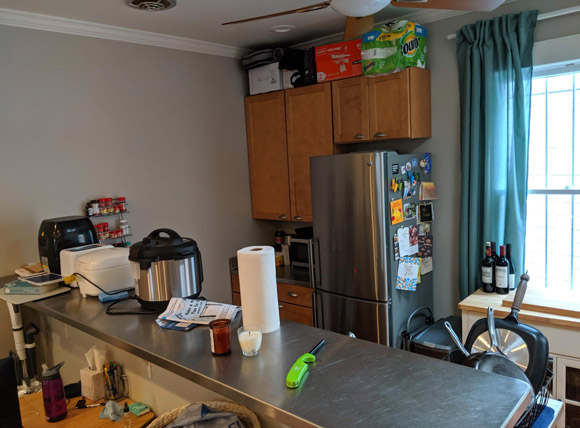
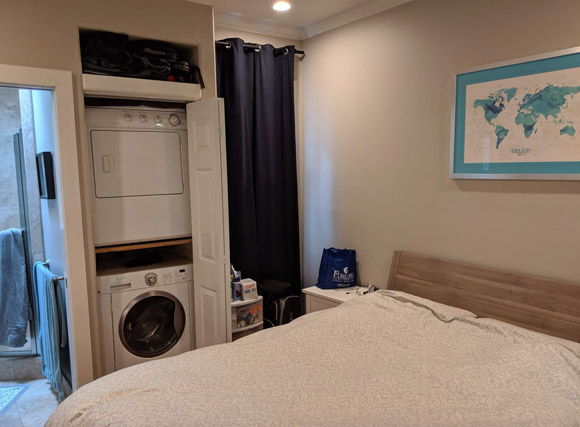
I spent a couple of months looking at properties with Sarah and watched deal after deal fall apart. First, merely offering the asking price gets a buyer laughed out of the room. All properties receive multiple offers well above the asking price. And I mean $100K, $200K, and $300K above asking.
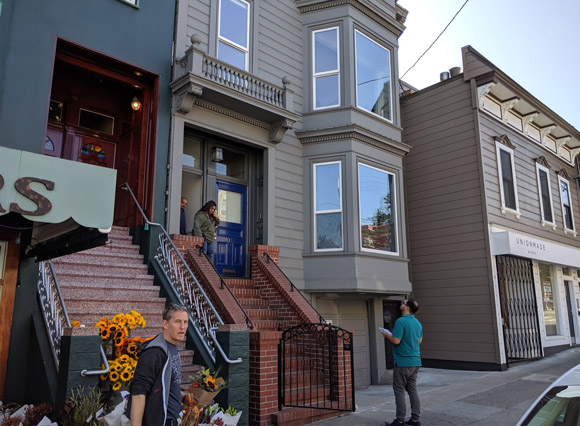
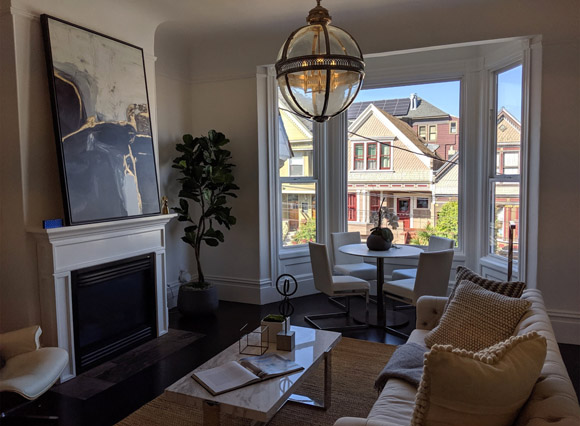


Second, these are all cash offers. No seller will tolerate a buyer who has to dawdle with bank financing and approval processes. Everyone is required to arrive with cash on hand. A new breed of banking has developed to facilitate this market reality by loaning people cash up front and then immediately refinancing after a property is bought. Companies like Flyhomes, Fundrise, and Reali are lubricating these transactions – for a fee.
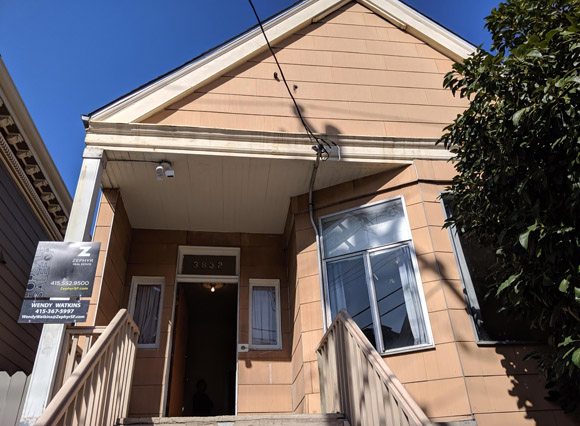
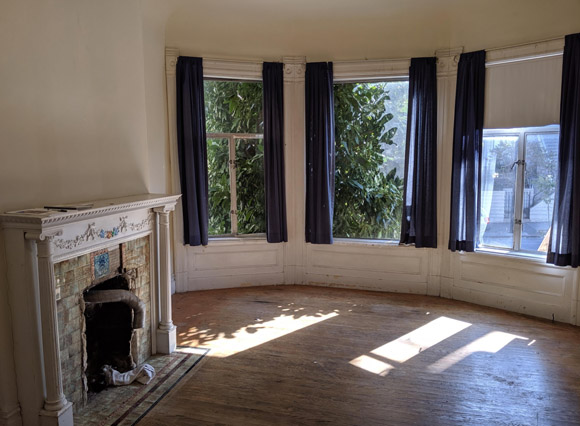
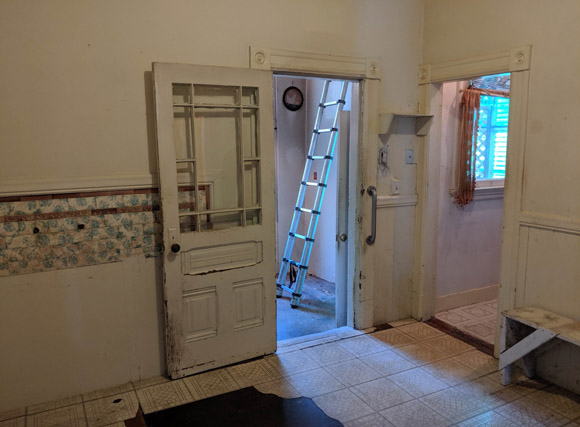
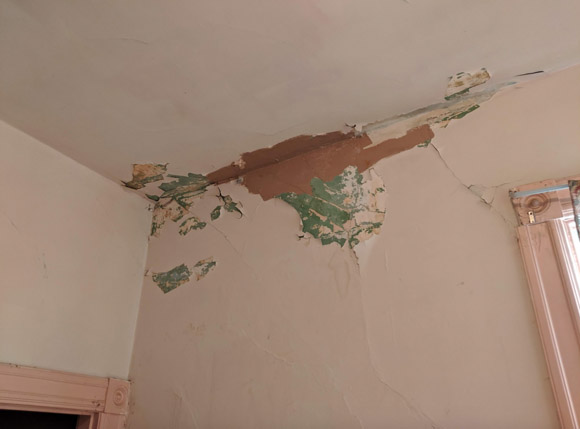
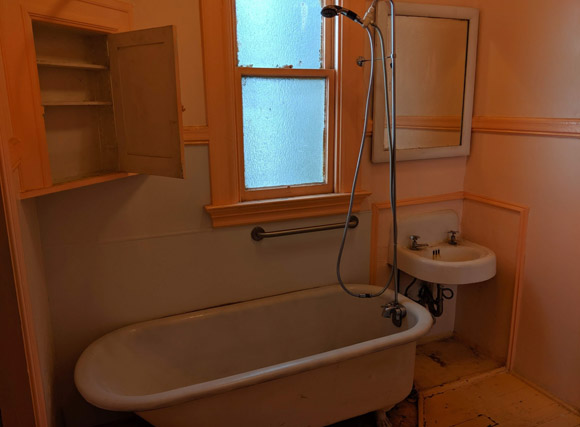
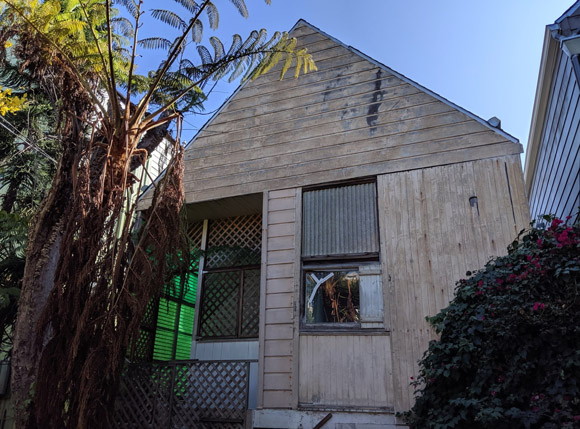
Third, I witnessed several deals dissolve when multiple cash buyers were filtered out because they requested contingencies. A contingency is typically the right to have the property professionally inspected and then ask for remediation of defects or the right to walk away from a sale. Only buyers who waive the legal right of inspection and recourse are considered. Many of the homes I looked at with Sarah were clearly in need of massive structural work in spite of the $1M+ price tags. Competing buyers didn’t care. These were being sold as tear downs and would be transformed into larger buildings by institutional investors. Enough of the old structure would remain (generally 10%) to qualify as a “remodel.” A facadomy keeps the curb view in line with its historic neighbors and allows new construction to navigate the gauntlet of various review boards.
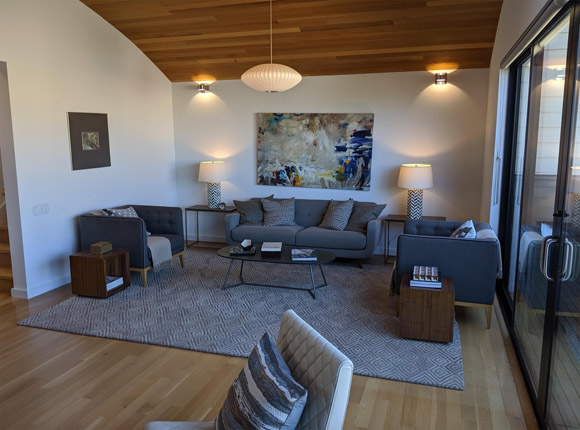

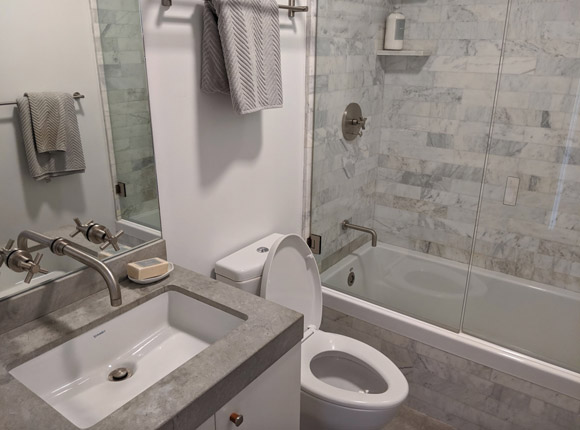
I had lunch with Sarah’s real estate agent who’s also a family friend. I told her I’ve got cash squirreled away and I’m waiting for the market to correct. This insanity can’t last forever. After the next market crash I’ll buy another modest property – most likely outside the immediate San Francisco zone. She’s heard people say the market will crash for twenty years and instead prices just keep doubling. Even the 2008 bubble pop didn’t affect the city much. The real devastation was out on the fringes in marginal suburbs.
I conceded that it’s possible that things could continue along these lines forever, although it seems unlikely to me that a bubble this obvious and severe could persist. Then I asked her a different question. What if she’s right? What if things do double again? What if a decade from now the average $1.8M condo hits $3.6M? What if the economy performs as expected? What would the side effects be? She made a pained expression. It’s difficult to imagine how society would hold itself together.
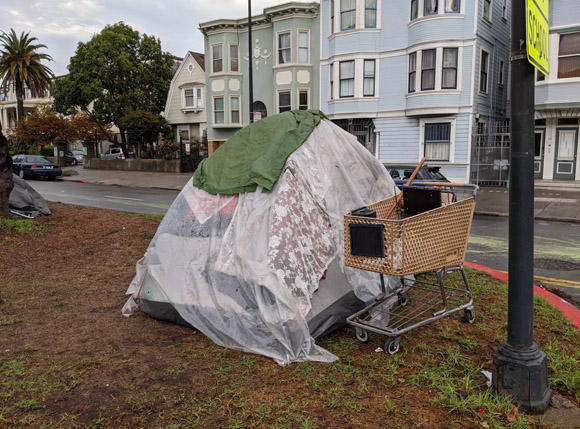
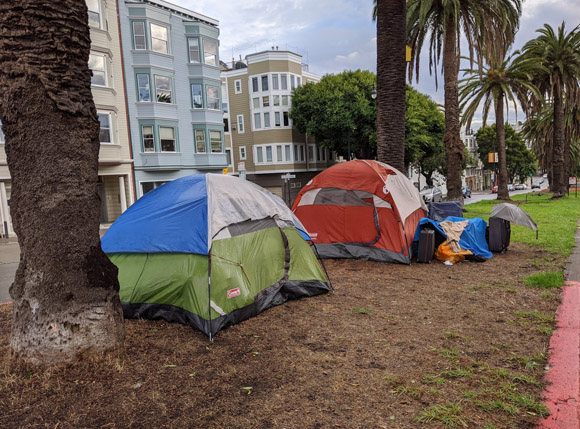
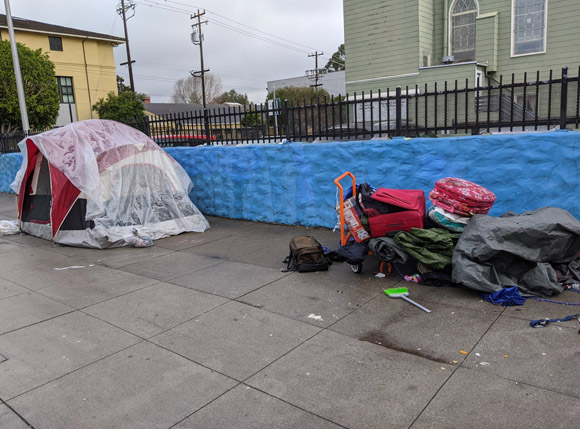
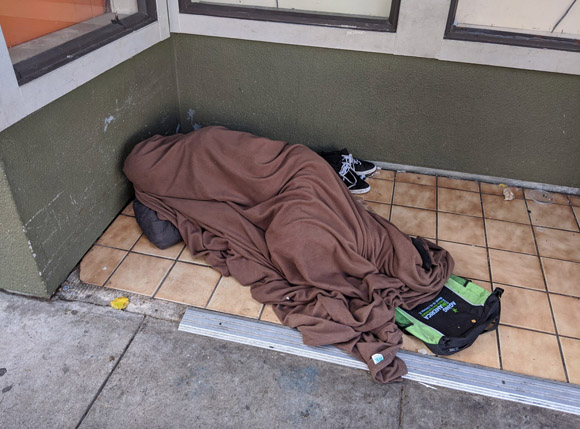
Right outside Sarah’s new home are people living in tents and sleeping in doorways. The general understanding is that these folks are wastrels who brought these conditions on to themselves. They’re all lazy alcoholic schizophrenic drug addicts. I’m more nuanced in my interpretation having experienced homelessness myself many years ago. The minimum wage here in San Francisco is $15.59 per hour. That’s before FICA taxes. Take home pay is closer to $10. How many hours a month does a person need to work to afford any kind of legitimate shelter at the prevailing rate? The numbers aren’t remotely compatible. This is a game they can’t win.
These aren’t problems we’re going to solve. Instead we’re going to continue to absorb the consequences of not solving them. Some people will migrate away and find homes and better lives elsewhere. Some people will leverage themselves into some version of the life they want and hope nothing goes wrong. Others will live and die on the streets. The real problem we’re already facing is what happens when the broad middle of the population like my Canadian friend is pushed a bit too hard and decides the established systems no longer have legitimacy. That’s a recipe for revolution. And when Canadians get pissed off it’s game over for the rest of the world.
This piece originally appeared on Granola Shotgun.
John Sanphillippo lives in San Francisco and blogs about urbanism, adaptation, and resilience at granolashotgun.com. He's a member of the Congress for New Urbanism, films videos for faircompanies.com, and is a regular contributor to Strongtowns.org. He earns his living by buying, renovating, and renting undervalued properties in places that have good long term prospects. He is a graduate of Rutgers University.












